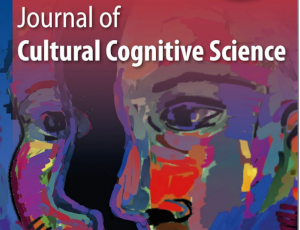
Vilius Dranseika, pracownik INCET, opublikował nowy artykuł w czasopiśmie "Journal of Cultural Cognitive Science"
O artykule
Believing that your life is shaped by internal forces, such as your own free will, is usually thought to lead to positive outcomes, such as being prosocial and happy. Believing that it is shaped by external forces, such as deterministic laws of nature, is usually thought to lead to negative outcomes. However, whether that is the case might vary with culture and with the nature of the force, specifically, whether the force is teleological. To test this, we investigated beliefs in five countries: China, India, Lithuania, Mongolia, and the USA. We investigated beliefs in the importance of
choice (an internal, teleological force),
gods and
fate (external, teleological forces), and
chance and
luck (external, non-teleological forces). Participants (
N = 1035) played a hypothetical dictator game, rated their happiness, and rated how much, in their opinion, their life is determined by these forces.
Choice was perceived as the most important and its perceived importance was positively associated with subjective happiness across cultures. It was also positively associated with prosocial intentions, although only in India. Perceived importance of
gods and
fate was mostly positively associated with prosocial intentions. Perceived importance of
gods, but not
fate, was positively associated with subjective happiness across cultures. Finally, perceived importance of
chance and
luck was mostly either negatively associated with prosocial intentions and subjective happiness or not at all. Our results highlight the importance of studying agency beliefs in different cultures and distinguishing different kinds of determination: not just internal and external but also teleological and non-teleological.
link do artykułu
Berniūnas, R., Rimkevičius, P., Beinorius, A.
et al. Being prosocial and happy, and believing in life-determining forces across cultures.
J Cult Cogn Sci (2024).
https://doi.org/10.1007/s41809-023-00139-x
 Widok zawartości stron
Widok zawartości stron
 Widok zawartości stron
Widok zawartości stron
